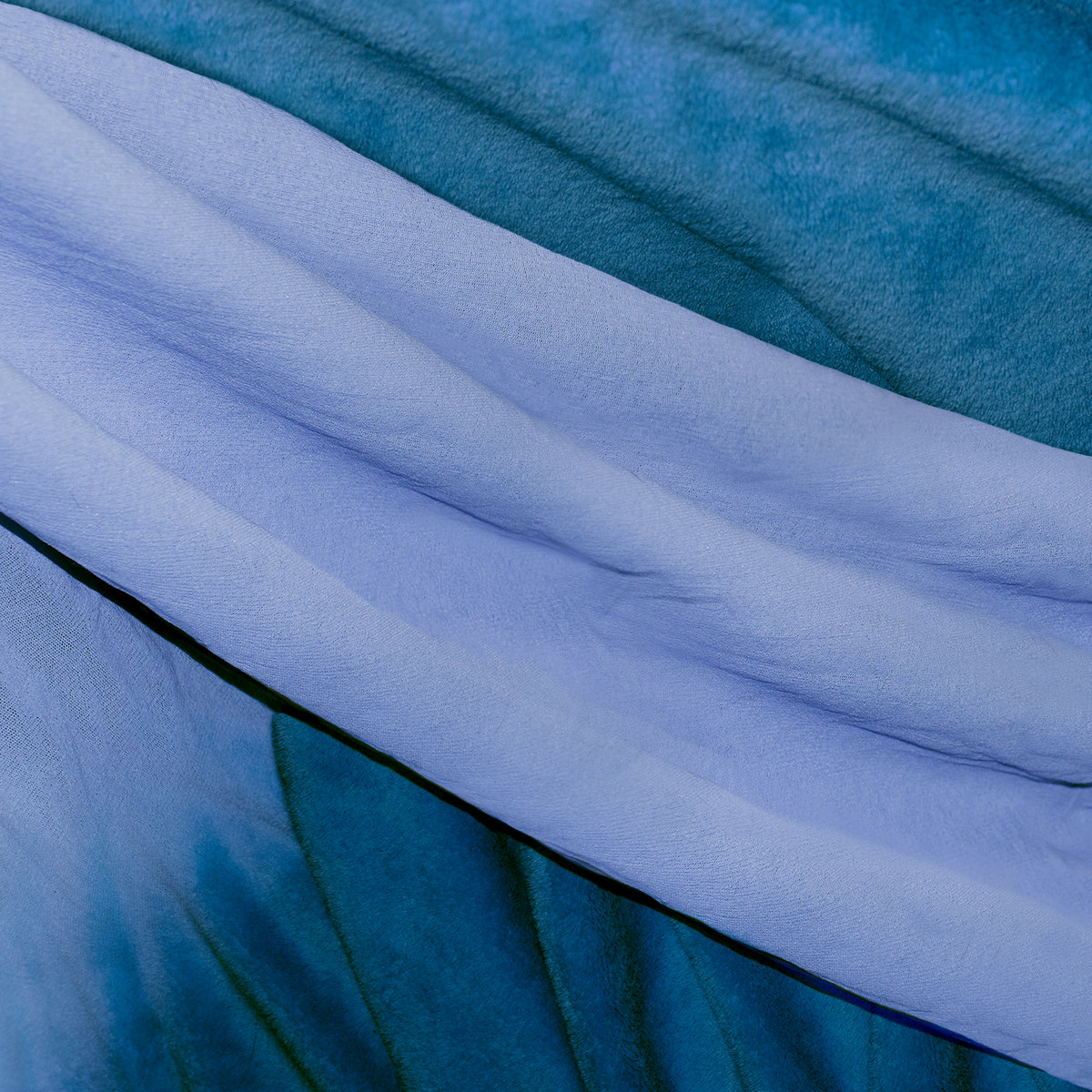Raquel Dalarossa
When we listen to music, we typically respond emotionally. We talk about how it feels to listen to a certain song—or, perhaps more accurately, how the sounds communicate those feelings to us.
Bernice, on the other hand, create music that communicates on an entirely different sensory level. It travels through space, it seems to have dimension and body, and it's much more easily imagined or seen than it is felt. The Toronto-based band, led by songwriter and vocalist Robin Dann, treat sounds like shapes and songs like spatial playgrounds. In their new Puff LP (subtitled In the air without a shape), out today via Arts & Crafts, they take a minimalist approach to their sound design that draws attention to the negative space, creating a boundless and playful atmosphere for us to revel in.
Many of the songs on this seven-track album (yes, they are minimalists in the volume of their output, too) have been around for a while—“Puff” was, after all, originally the name of an EP released nearly a year ago. But there are new additions as well as new imaginings of older work, proving that the experimental group are always up to try things just a little differently. Where previously, on the EP, the songs were largely produced by Shawn Everett (best known for his Grammy-award winning work on Alabama Shakes' Sound & Color), now we find Bernice themselves at the helm, alongside engineer Matt Smith. The resulting differences are striking, and very telling of the band's tastes.
Though they've been compared to Sade in the past, their R&B leanings are on full display in this album with a re-recorded version of the smooth, reverberating "David" and richly sensual "One Garden." But things get especially interesting when they pick up the pace just a little, as in the LP's single "Glue." It juxtaposes soulful interludes with catchy, electronic-leaning verses, similar to how the lyrics juxtapose Dann with the person she's addressing: "I am rubber and you are glue." Another favorite of mine is "St. Lucia," which has been cast in an entirely new light for this release. Doing away with the song's dense, industrial character when it appeared on the Puff EP, Bernice transform it into something much lighter on its feet yet simultaneously more ominous.
There's something at once aqueous and stark about the album as a whole. It can feel like being submerged at the deepest depths of the ocean, or floating through the vacuum of space. Closing song "Boat" showcases this effect perfectly. An endearing vocal melody sits front and center, while a cacophony of ornamental sounds buzz by or float softly beside us, creating a sort of aural parallax effect. You get the sense that our attention is always exactly where the band wants it to be, which goes to show how well constructed Puff really is.








